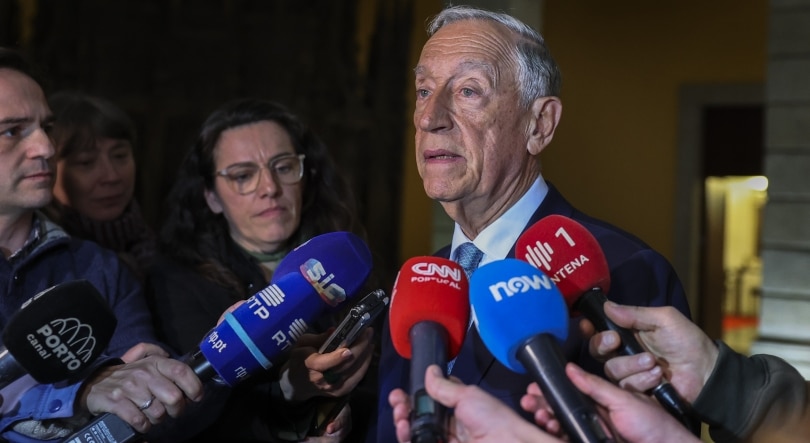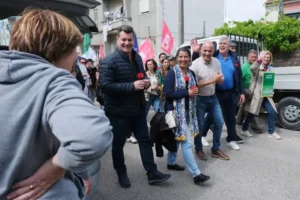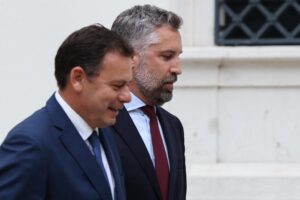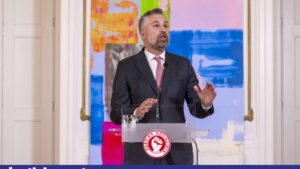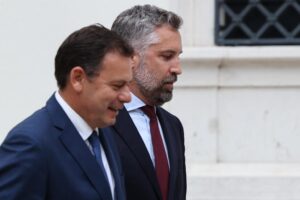Portugal girds for new political hiatus – or does it?
President Marcelo has promised to act “as quickly as possible” if the government’s motion of confidence is rejected by parliament (which everything suggests that it will be).
The motion is likely to come up for debate at some point next week, after which, if it is rejected, the president says he will “hear from the parties, namely those that support the government (PSD and CDS-PP) to confirm that they intend to stand for election, if they are called, with the same leadership”.
And this is, potentially, a clue: could AD decide on a change of leadership (even though they are not indicating that they will) to ‘save the country from an early election’, which will throw multiple spanners in the execution of the PRR (programme for recovery and resilience), funded by Brussels and running on tight timelines.
Last night, Lisbon Mayor Carlos Moedas told a panel of commentators discussing this crisis that he believes President Marcelo will find a way to avoid a snap election. It was another indication that the government could be forced to make a radical leadership change, in order to keep going for the sake of stability/ continuity and good sense, given all the other ‘ructions’ on the geopolitical landscape.
But if not; if matters go as most media outlets are suggesting, the country will be called for a snap legislative election early May (the president has mentioned a date between May 11 and 18), a few months before it will again be expected to vote in the municipal elections, followed swiftly by the election of a new president.
Today, people’s tabloid Correio da Manhã keeps up its pressure on the prime minister (who is being blamed for this crisis) by suggesting that work he is doing on new apartments in Lisbon is “illegal” because he has not informed Lisbon City Council.
With all the negative soundbites swirling, CM’s deputy editorial director Armando Esteves Pereira warns that yes, “in a democracy, calling voters to the urns is the best way of resolving political crises – but there is also the risk that those eventual elections will leave everything almost the same as before” – a minority government, at the mercy of party-political bickering that has nothing to do with the best interests of the country.
This is the nub of Portugal’s dilemma.

